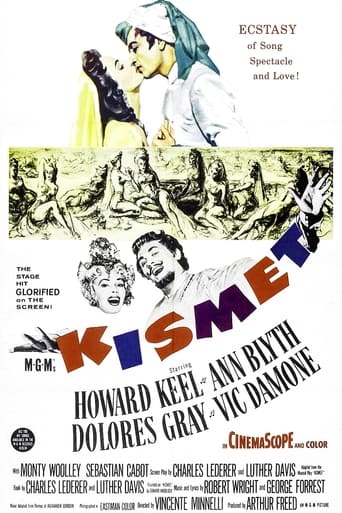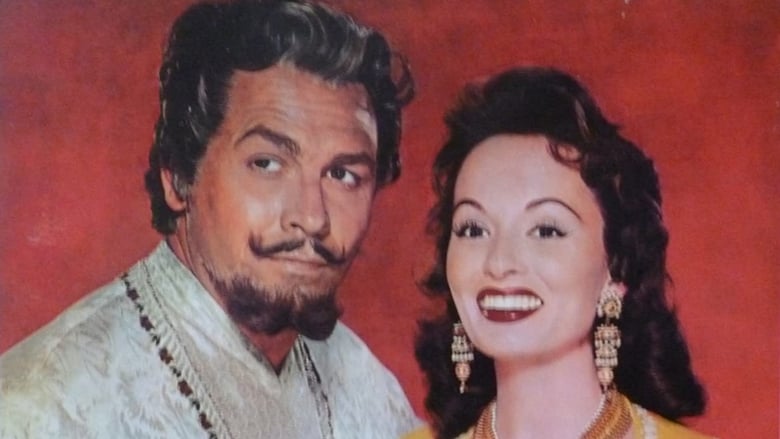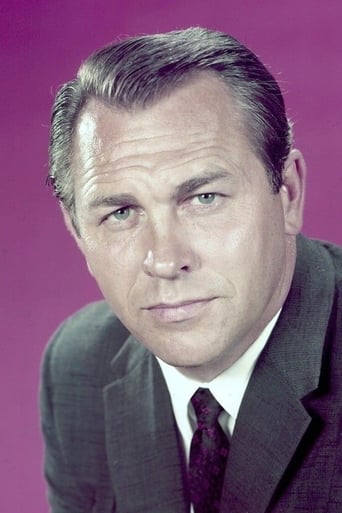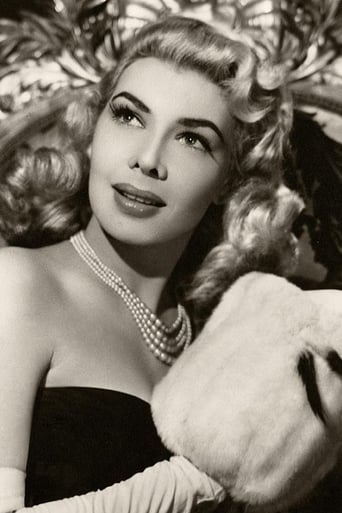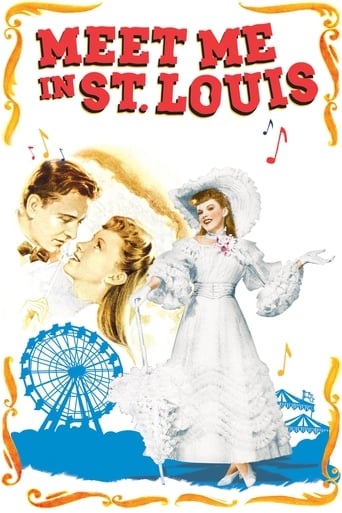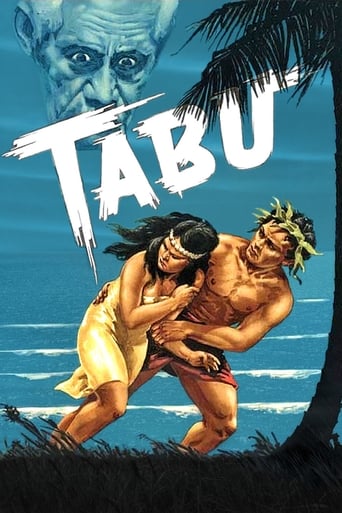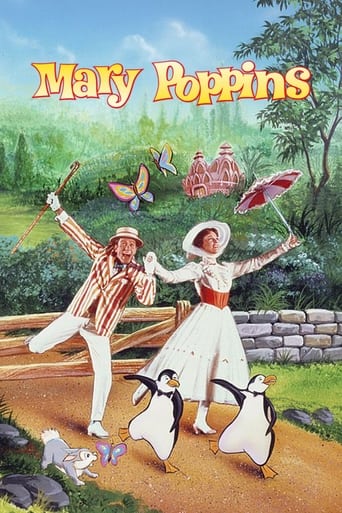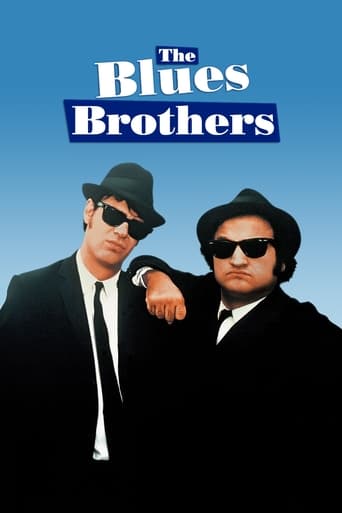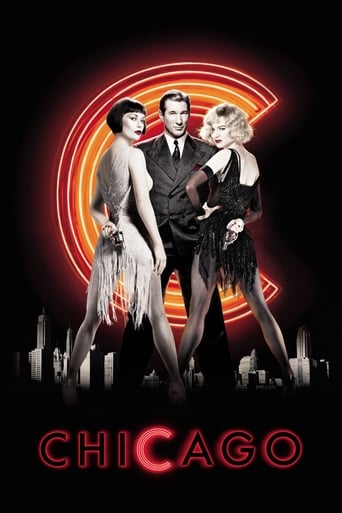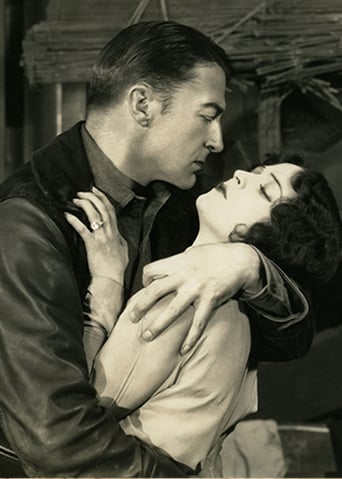Kismet (1955)
A roguish poet is given the run of the scheming Wazir's harem while pretending to help him usurp the young caliph. Kismet (The will of Allah), is the story of a young Caliph who falls in love with the beautiful Marsinah poet's daughter, in ancient Baghdad. Origin : Stranger in Paradise is a popular English song. The melody is an adaptation of the Polovtsian Dances (Prince Igor), popular in Russia.
Watch Trailer
Cast


Similar titles
Reviews
Pretty Good
A lot of fun.
By the time the dramatic fireworks start popping off, each one feels earned.
The story, direction, characters, and writing/dialogue is akin to taking a tranquilizer shot to the neck, but everything else was so well done.
A successful Broadway musical that opened in 1953 and won the Tony Award for Best Musical, "Kismet" was brought to the screen by MGM under the guidance of producer Arthur Freed and director Vincente Minnelli. Despite those gilded credentials, the film is a mixed bag that flies high when Howard Keel sings, and plummets when Vic Damone is on screen. Keel has a strong baritone voice that, coupled with a physique and screen presence to match, enhanced such great musicals as "Show Boat," "Kiss Me Kate," and "Seven Brides for Seven Brothers." If a younger Keel had been cast as the Caliph in this film, his rendition of "Stranger in Paradise" alone would have rocked the theaters. However, cast as Hajj, Keel has lesser songs, and, while he gets a girl, he does not get the girl. Although Vic Damone had a successful recording career, his on-screen presence is pallid, and his voice, while good, fails to match Keel's by any measure. As the Caliph, Damone is a wimpy colorless ruler.Beyond the two male leads, Anne Blyth appears as Marsinah, Hajj's daughter, and Dolores Gray plays Lalume, the Wazir's wife. Both are adequate, but Gray displays her extensive musical experience, although her broad performance is better suited to stage than screen. Set in a never-never land called Baghdad, which should not be confused with the capital of Iraq, the slight predictable storyline involves a young caliph seeking a wife, a strolling inventor of rhymes, the rhymer's lovely daughter, a power-hungry wazir, and the wazir's neglected wife. While admittedly derived from a stage production, the on-screen silliness plays against obviously fake backdrops derived from some production designer's fantasies. Perhaps the art director over-indulged in curry, kebabs, and hummus, then fell asleep reading "The Arabian Nights." The sets are garish and flimsy, and the costumes are equally gaudy. However, cinematographer Joseph Ruttenberg captures all the vibrant color, which is undeniably eye catching, and Andre Previn adapted the fine Broadway score, based on melodies by Alexandr Borodin.Unfortunately, the skilled hands of Freed, Minnelli, Ruttenberg, Previn, and Keel could not lift "Kismet" above a second-tier MGM musical. Despite some memorable songs, energetic choreography by Jack Cole, and a bold brash performance by Howard Keel, the film can be tough going at times. What should have soared, instead lumbers. Movie musicals petered out in the years after "Kismet," and, while this adaptation did not hammer in the last nails, it did not help either. However, for MGM musical completists and fans of Howard Keel, "Kismet" is essential viewing; for others, passable entertainment at best.
Kismet is not the best of the MGM musicals, the songs sound plain bad to modern ears and hence a reason why the musicals died a celluloid death. Even the story and direction is heavy handed with little fun injected.Howard Keel plays the opportunistic poet and beggar Hajj in old Baghdad. His daughter Marsinah falls for the young Caliph who is wandering in the market in disguise as a commoner.Hajj gets mistaken as man who has the power to inflict curses and rewind them which brings him to the attention of the powerful Wazir who wants the Caliph to marry someone else.The directing and scenery in Kismet is pedestrian, you would not even think that this was directed by Vincente Minnelli. The film also has an unfortunate mix of the middle east and far east, one of the dance sequences at the end was more Thai influenced.
KISMET was originally a play by Edward Knobloch written about 1910, and used as a vehicle for many years by the popular Broadway character actor Otis Skinner, playing the role of Hajj, the philosophical thief who saves the Caliph of Baghdad. Skinner even did a silent film version of the play. Two years after his death in 1942 a sound version of the film (in color) was made starring Ronald Colman, Marlene Dietrich, and Edward Arnold. The movie was a success, but nobody realized it would shortly become extremely successful in a new way. A song writing team (Bob Wright and Chet Forrest) constructed a score for KISMET based on the melodies of Alexander Borodin. The score contained such songs that became standards as STRANGER IN PARADISE (from the "Polevetsian Dances" in the opera PRINCE IGOR), BAUBLES, BANGLES, and BEADS, THIS IS MY BELOVED, THIS WAS THE NIGHT OF MY LIFE, and others. Wright and Forrest would do this several times on Broadway (they composed reset themes by Heitor Villa Lobos in another musical, for example) but KISMET was their joint masterpiece. So successful were they at rejuvenating the old Knobloch play, it was eventually revived again in the late 1990s in a new form as TIMBUCTOO (reset from the Califate of Baghdad to the great African trade city).Eventually the musical came to the attention to the Freed unit at MGM, and Vincent Minelli was chosen to direct this 1955 version. The musical expanded on the play a little. Howard Keel (as Hajj - the name was restored to the original one, not Hafiz as Ronald Colman was named in the 1944 version) is involved at the beginning with Jay C. Flippen as a violent bandit leader who is seeking his son, and whom Hajj suggests will be found in Baghdad. We see Flippen from time to time looking for his missing son. In the end he does find the son (who lives up or down to Flippen's own reputation). Keel had the right voice for Hajj, as did Dolores Gray as Lalume, the Vizier's bored wife (Dietrich in the 1944 film). Ann Blyth played Hajj's daughter Marsinah (who falls for the Caliph, Vic Damone). The evil vizier was played by Sebastian Cabot, and his rival government figure Omar (played by Harry Davenport in the 1944 film) is now played by Monty Wooley, in his final major movie part. Actually the musical is livelier than it's critical history suggests. The old creaky play may turn off many critics, but it had some color, and the Borodin-inspired melodies raised it. But like BRIGADOON, Minelli could not shoot the film on location as it would have been incredibly expensive. Possibly the studio sets may have effected how the film was received by the critics. But it is entertaining, and (because of the music) very memorable. If some numbers were cut most of the big numbers were saved. Besides, I'd rather hear Keel sing A FOOL SAT BENEATH AN OLIVE TREE than hear Cabot (a questionable singing talent) try WAS I VIZIR. I don't think Sebastian Cabot even tried to sing once on FAMILY AFFAIR...his was a distinguished speaking voice, not a singing one.
Kismet's main problem is that it is not timeless. The playwright, scriptwriter, director, whoever, decided to put in a bunch of stuff that simply shreiks 50's. The song 'bored' is an example, as is the arrival of the three princesses of ababu (or whatever it is). If this story could have this crap removed, and replaced with some believable (and tasteful) Bagdad Arabian Nights stuff, then the wonderful songs like 'stranger in paradise' would have a proper frame. As it is, the music is trying to shore up a third-rate story. Is such a thing possible? It's like South Pacific, which with some massaging of the dialog, could be vastly improved, without changing the story. This music really deserves better.

